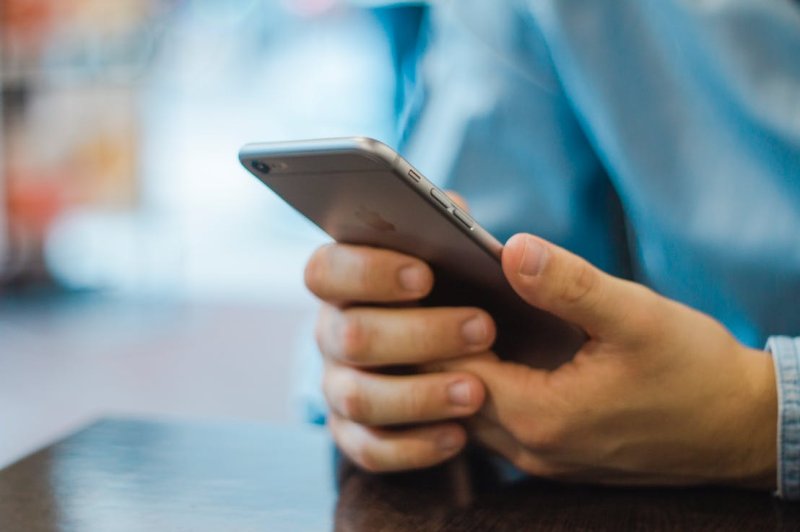A smartphone app can effectively be used by doctors and nurses to monitor wound healing in post-operative patients, with researchers reporting that patients experienced fewer complications and readmissions as a result of its use. Photo by Adrianna Calvo/Pexels
Jan. 19 (UPI) -- The healing of postoperative surgical wounds can be effectively monitored with a new smartphone app, new research indicates.
The app, called WoundCheck, can be used to send digital images of a post-surgical wound with a short patient-administered questionnaire to monitoring nurses and could help reduce the need for post-surgical patient readmission, researchers report in a study published in the Journal of the American College of Surgeons.
"We set out to come up with a protocol where patients could become active participants in their care and allow us to be in closer communication and monitor their wounds after they leave the hospital," Dr. Rebecca L. Gunter, a general surgery resident at the University of Wisconsin School of Medicine and Public Health, said in a press release. "This approach allows us to intervene at an earlier time rather than waiting for patients to come back in after the problem has already developed past the point of being able to manage it on an outpatient basis."
The study, conducted at the University of Wisconsin-Madison, indicates that the sending of images by patients can reduce surgical site infections and patient readmissions, and improve patient care.
Photo courtesy of the Journal of the American College of Surgeons
Vascular surgery patients were sent home with instructions to photograph their healing wounds with smartphones, and then relay the images to nurses prepared to offer advice and collect data.
Of 40 patients in the study, 90.2 percent of participants submitted data and seven post-surgery wound complications were discovered, with high rates of patient and provider satisfaction were reported.
"Patients cannot identify [infections] and frequently ignore or fail to recognize the early signs of cellulitis or other wound complications," the authors write in the study. "This drawback leads to the common and frustrating scenario where patients present to a routine, scheduled clinic appointment with an advanced wound complication that requires readmission, with or without reoperation."
The researchers conclude in the study that monitoring of wounds, and earlier intervention when necessary, results in fewer patient readmissions to correct complications.
"We have demonstrated that a population of complex and high-risk patients, many of whom are older adults and novice smartphone users, can complete this protocol with high fidelity and satisfaction," the researchers wrote.
















